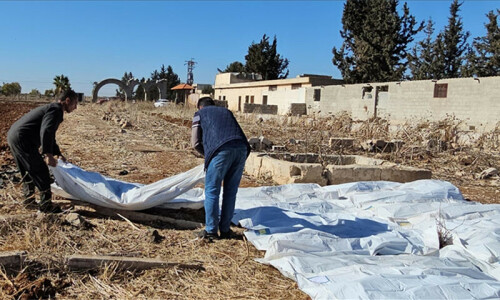The Kingdom of Saudi Arabia (KSA) paid 2 billion riyals ($533 million) on Thursday in the first monthly installment of a new welfare system for low and middle-income families that make up approximately half of the kingdom's population.
The payments come ahead of the introduction of a 5 per cent value-added tax on most goods, like food and services, as well as subsidy cuts that will raise the price of electricity and gasoline next year.
Saudi Minister of Labor and Social Development Ali al-Ghafees told the state-run Saudi Press Agency that bank transfers were made to approximately 3mn families, reaching around 10.6mn beneficiaries.
He said half of those families received the maximum payment of 938 riyals ($250). The minimum payment is 300 riyals ($80). Around 20pc of those who applied for the assistance did not qualify, however.
The payouts come two days after the government announced plans for the biggest budget in the kingdom's history, with plans to spend at least 978 billion riyals ($261bn) this coming fiscal year. The government already introduced a tax on tobacco products, soft drinks, and energy drinks this year, as well as a tax on luxury goods.
The government said it expects to pay approximately 32bn riyals ($8.5bn) on the Citizen's Account payments in 2018.
Despite major spending plans, government revenues are expected to reach 783bn riyals ($209bn), leaving a 7pc budget deficit amid continued lower oil prices from their highs in early 2014.
Some 210bn riyals ($56bn) are being earmarked for military spending, representing just over a fifth of overall state spending next year. Saudi Arabia is one of the world's biggest military spenders and it's nearly three-year-long war in Yemen has been costly.
The government, meanwhile, has slowed down some of its austerity measures and its timeline for a balanced budget, to give families time to adjust to the price hikes and taxes. A freeze on public sector wage increases and perks was quickly reversed after a public outcry.














































